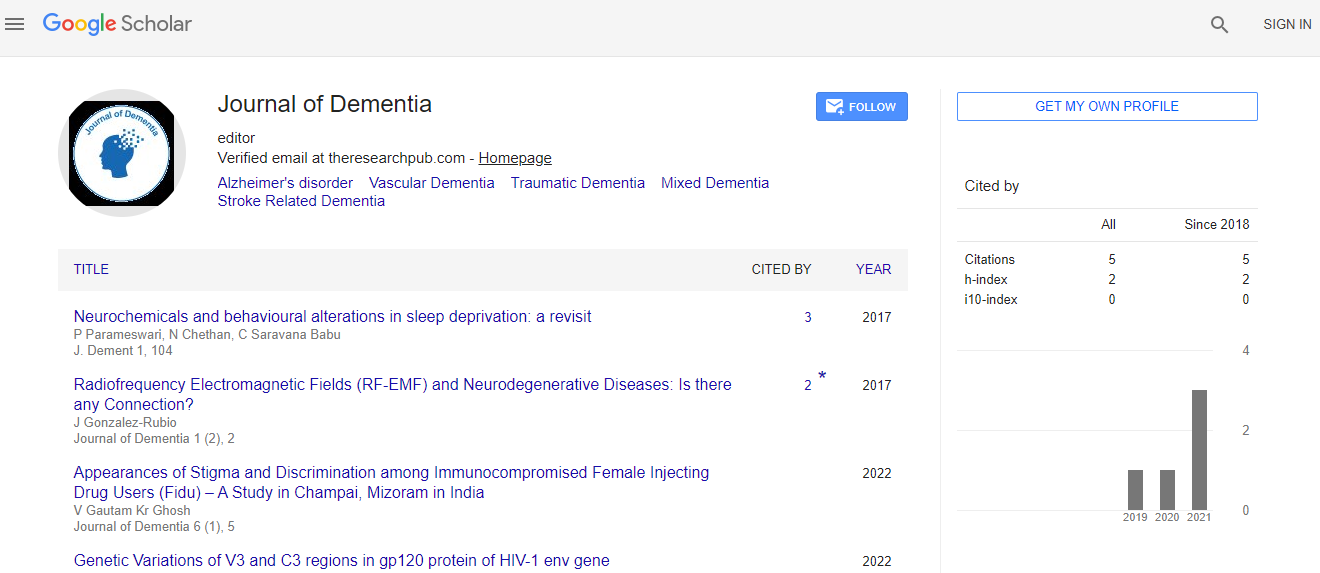Fluoxetine does not impair motor function in patients with Parkinsonâs disease: correlation between mood and motor functions with plasma concentrations of fluoxetine/norfluoxetine
*Corresponding Author:
Copyright: © 2020 . This is an open-access article distributed under the terms of the Creative Commons Attribution License, which permits unrestricted use, distribution, and reproduction in any medium, provided the original author and source are credited.
Abstract
Background: Selective serotonin reuptake inhibitors are the most commonly chosen antidepressants in patients with Parkinson’s disease (PD).
Objective: The aim of our study was to assess the influence of fluoxetine (Flu) on motor functions in patients with PD.
Methods: In this prospective, controlled, open-label study, 18 patients with PD and mild depression (10 ≤ HDRS≤ 23,) without dementia (25 ≤ MMSE) were treated with Flu. Both single and repeated dose effects of Flu were assessed on days 1-50. Plasma concentrations of Flu and norfluoxetine (NORFlu) were correlated with the results of selected motor function performance scores (UPDRS-motor score, FTT and PPT). Severity of PD, depression and dementia were evaluated using standard tests (HY, ADL, HDRS, MMSE).
Results: Steady-state for Flu/NORFlu was reached after 18 days of treatment. Such a plateau correlated with significant improvements in both scores of depression and Parkinson’s disability (HDRS, UPDRS and ADL, respectively). In addition, FTT and PPT scores also increased until day 18, with further slight fluctuations around the plateau. Optimal motor performances correlated with Flu concentrations of approx. 60-110 microg/L.
Conclusion: In conclusion, Flu (20 mg/day) significantly reduced depression in PD patients while it did not impair their motor performances. Because substantial placebo effects may arise in studies of PD and depression, large, prospective, randomized, placebo-controlled clinical trials are warranted.

 Spanish
Spanish  Chinese
Chinese  Russian
Russian  German
German  French
French  Japanese
Japanese  Portuguese
Portuguese  Hindi
Hindi 